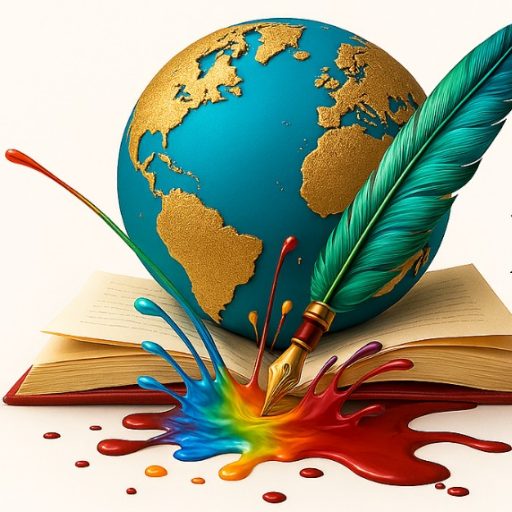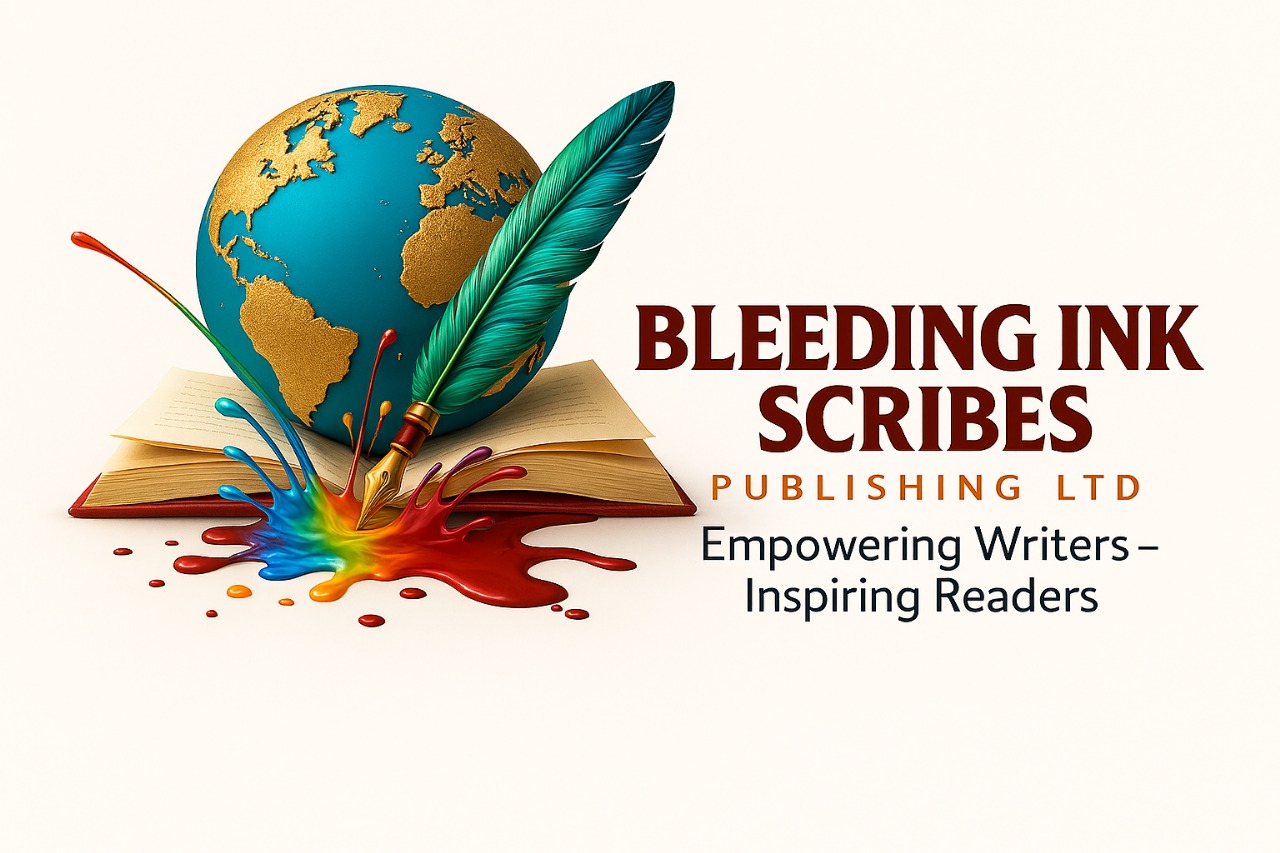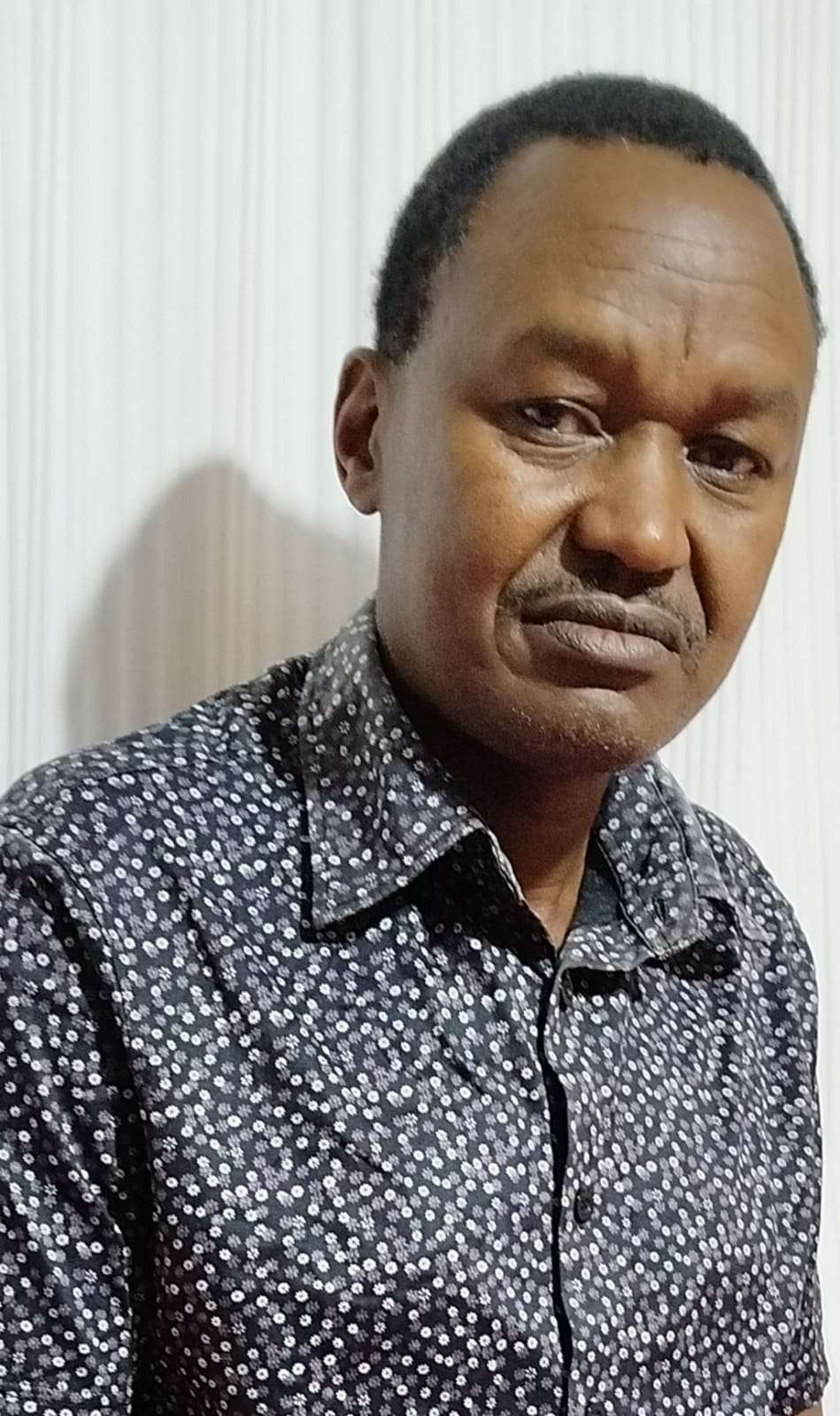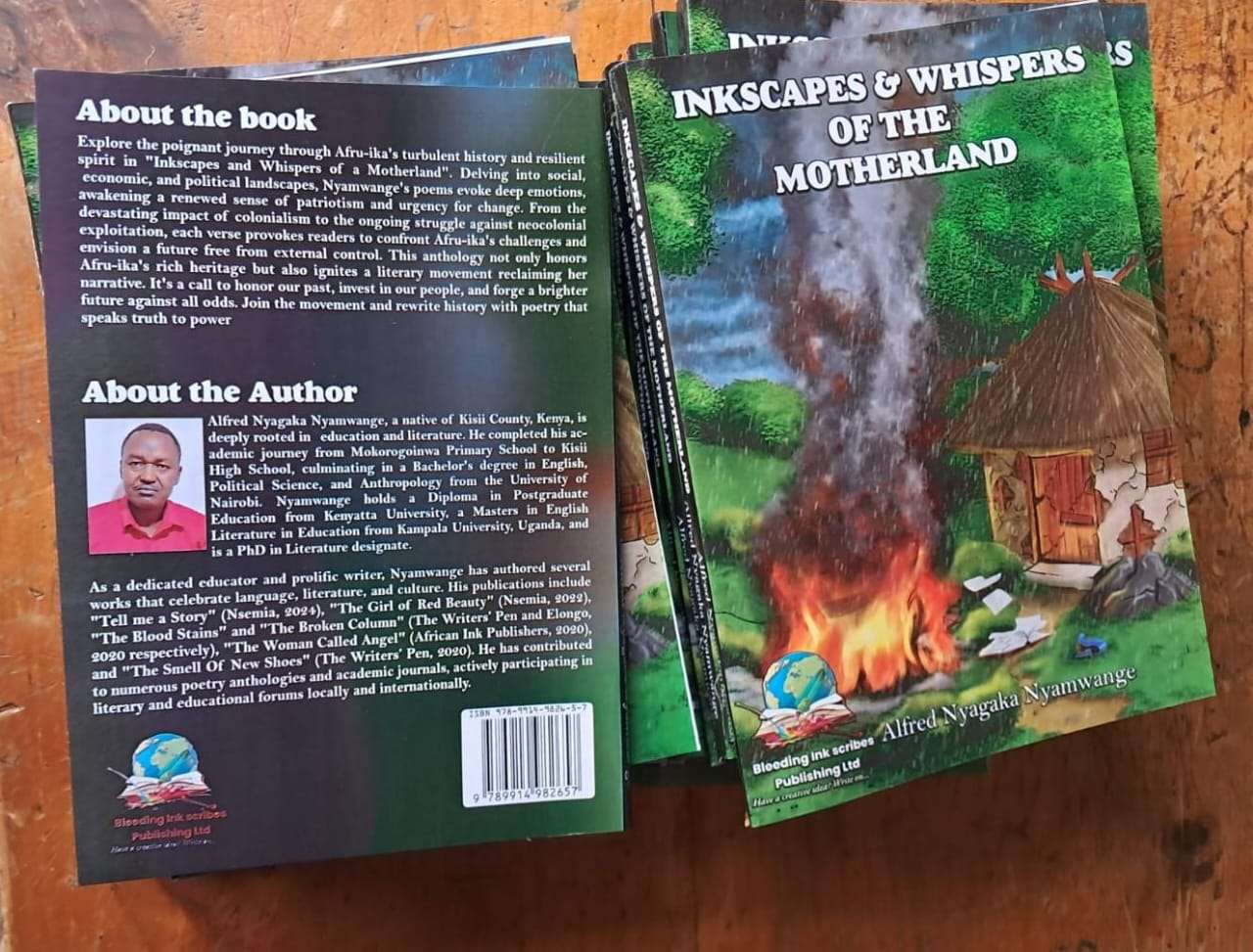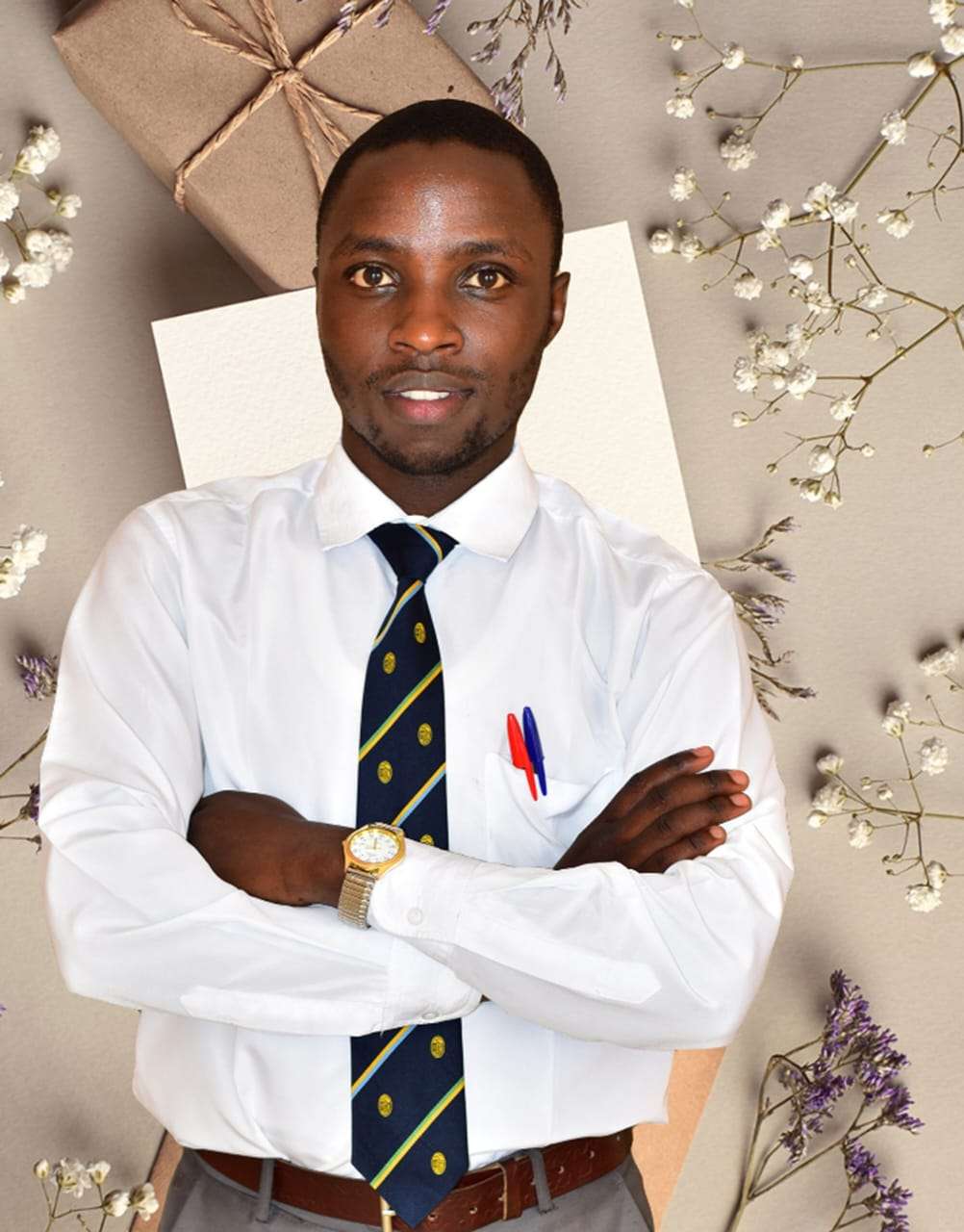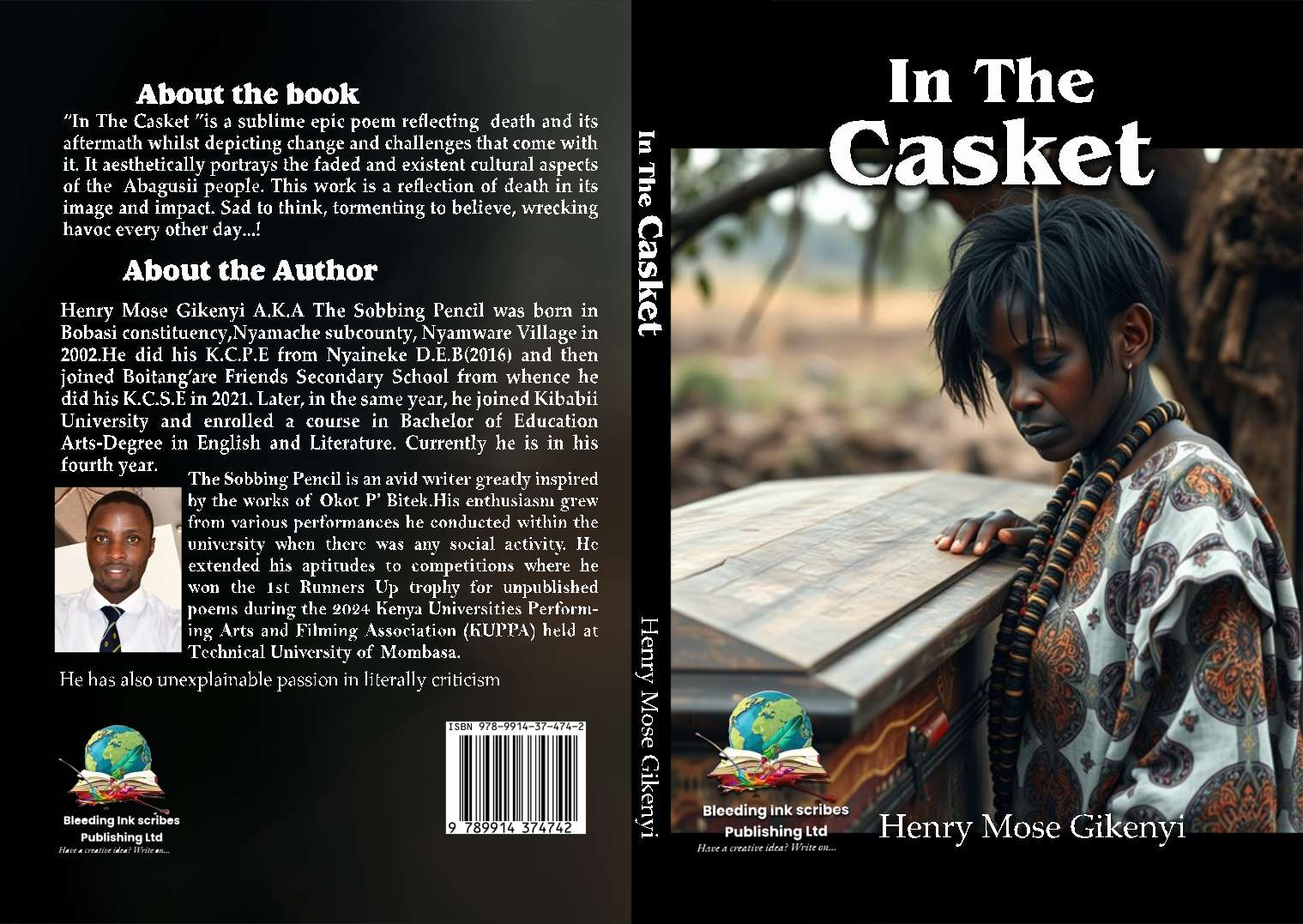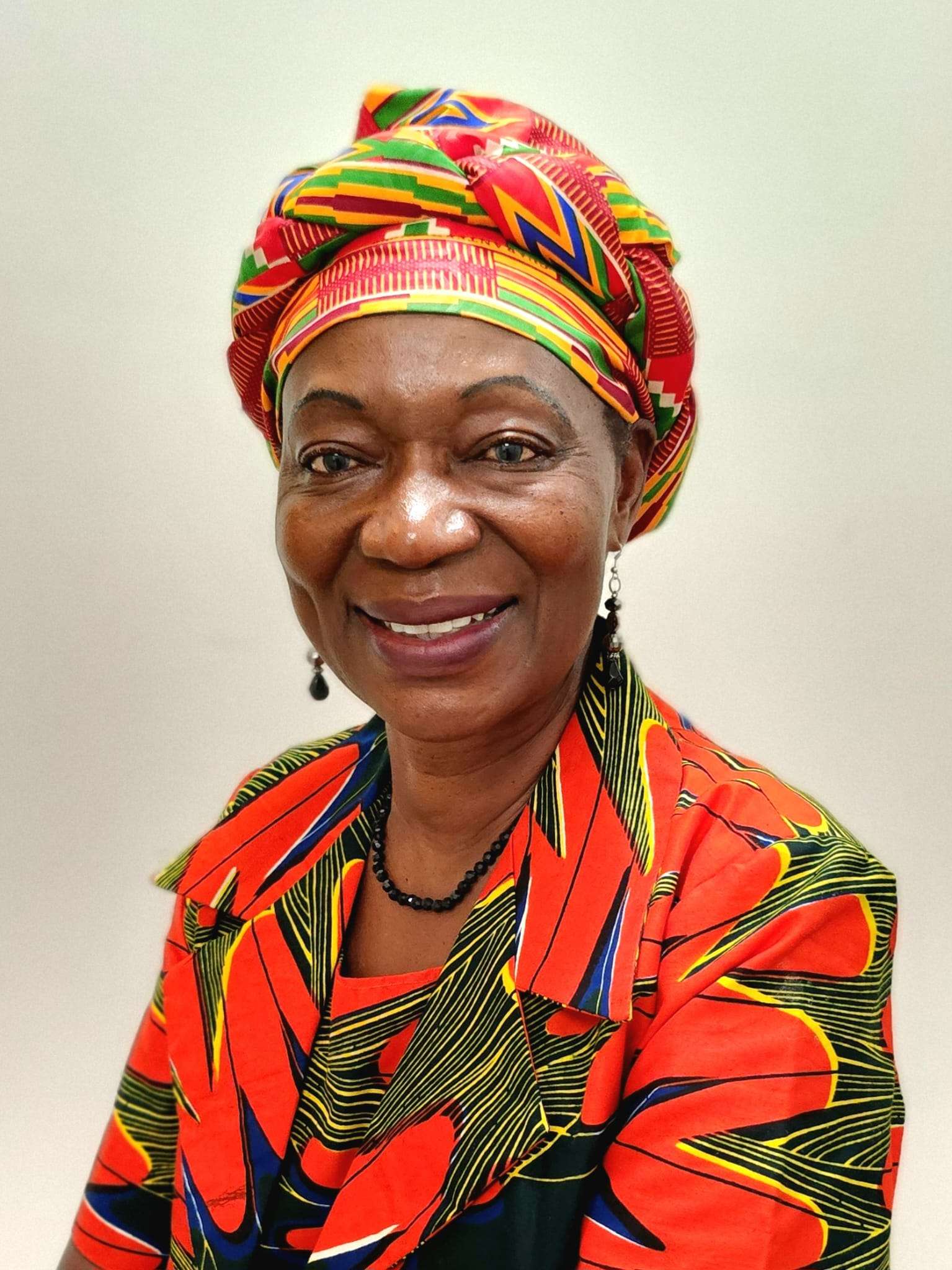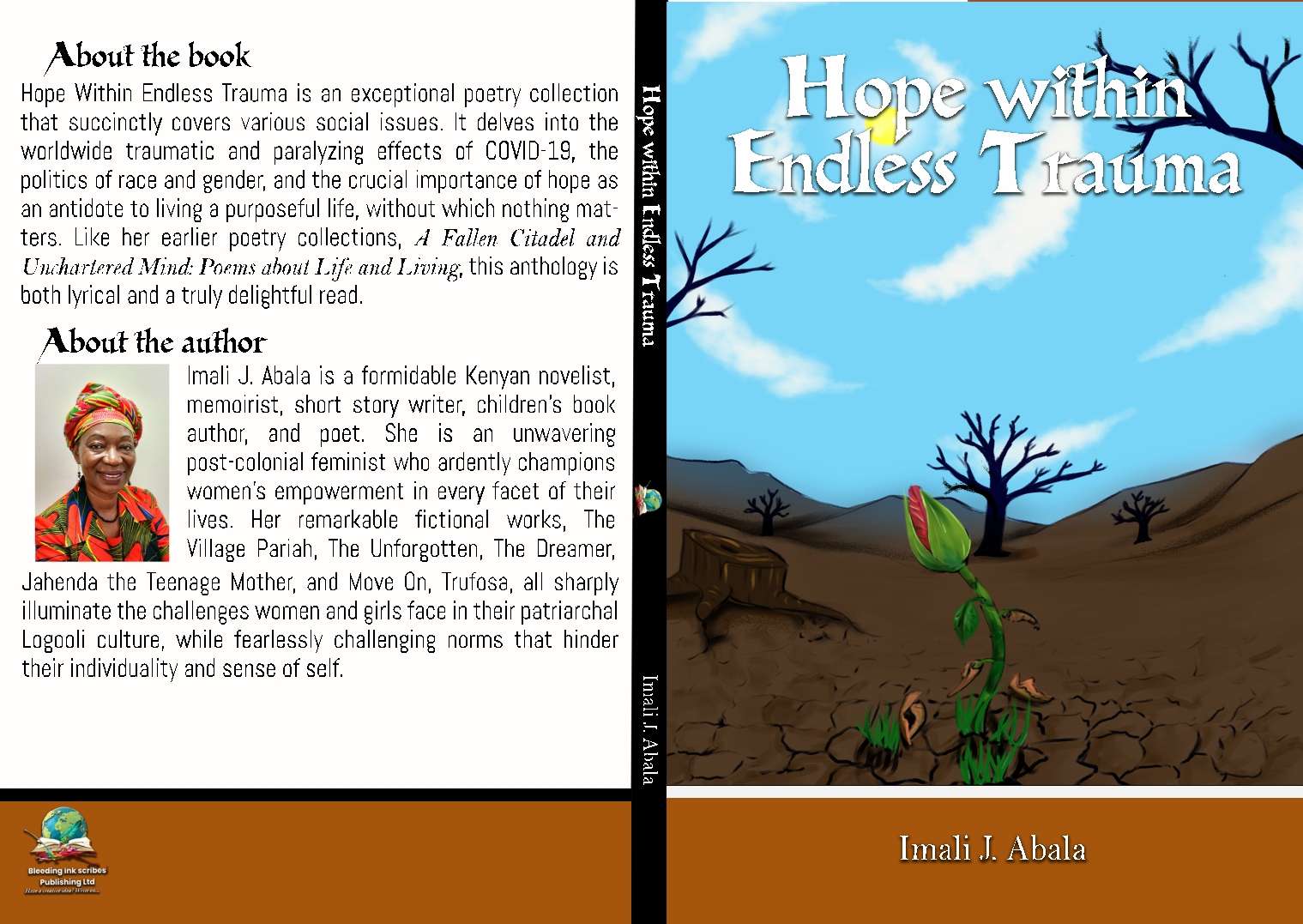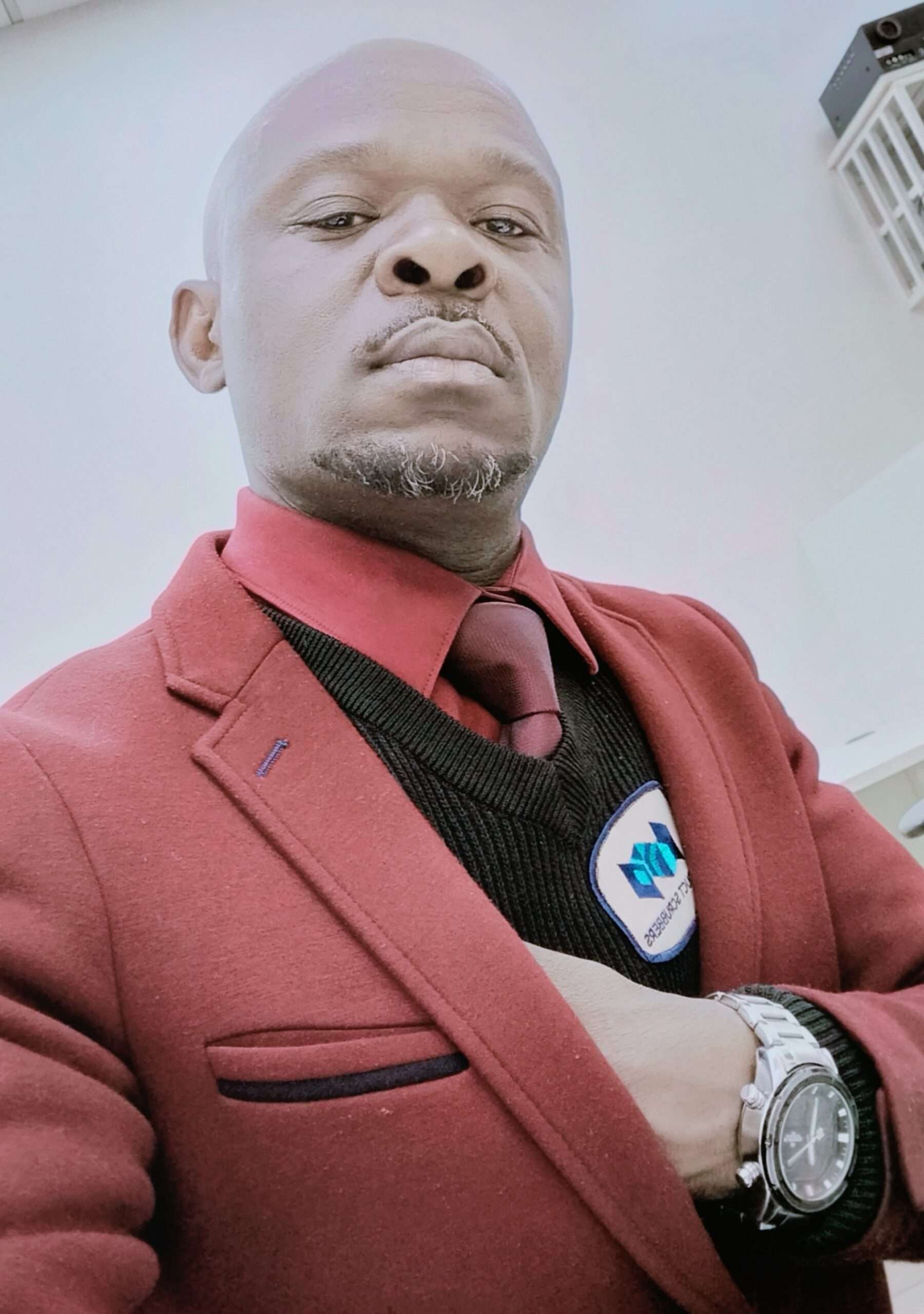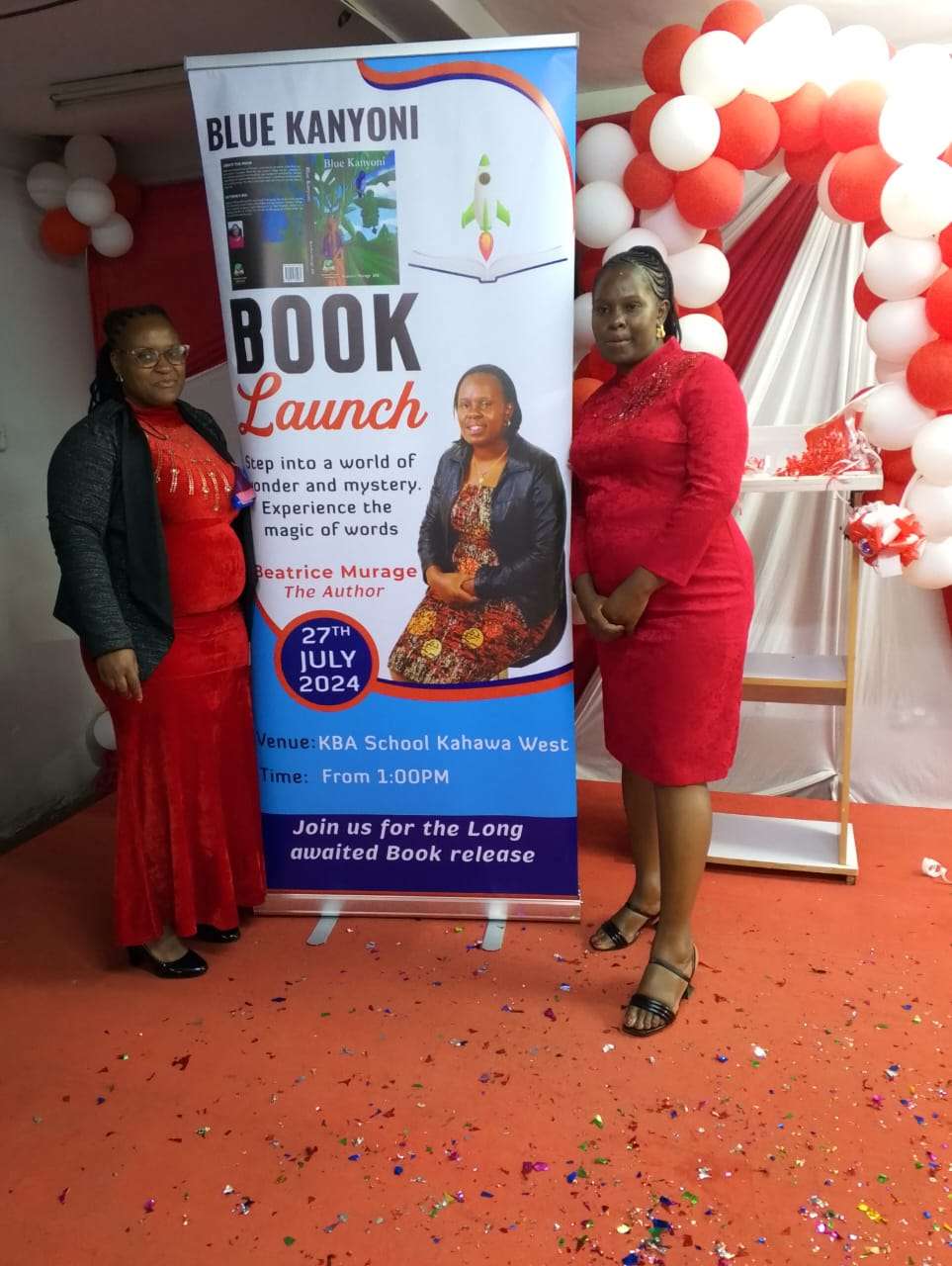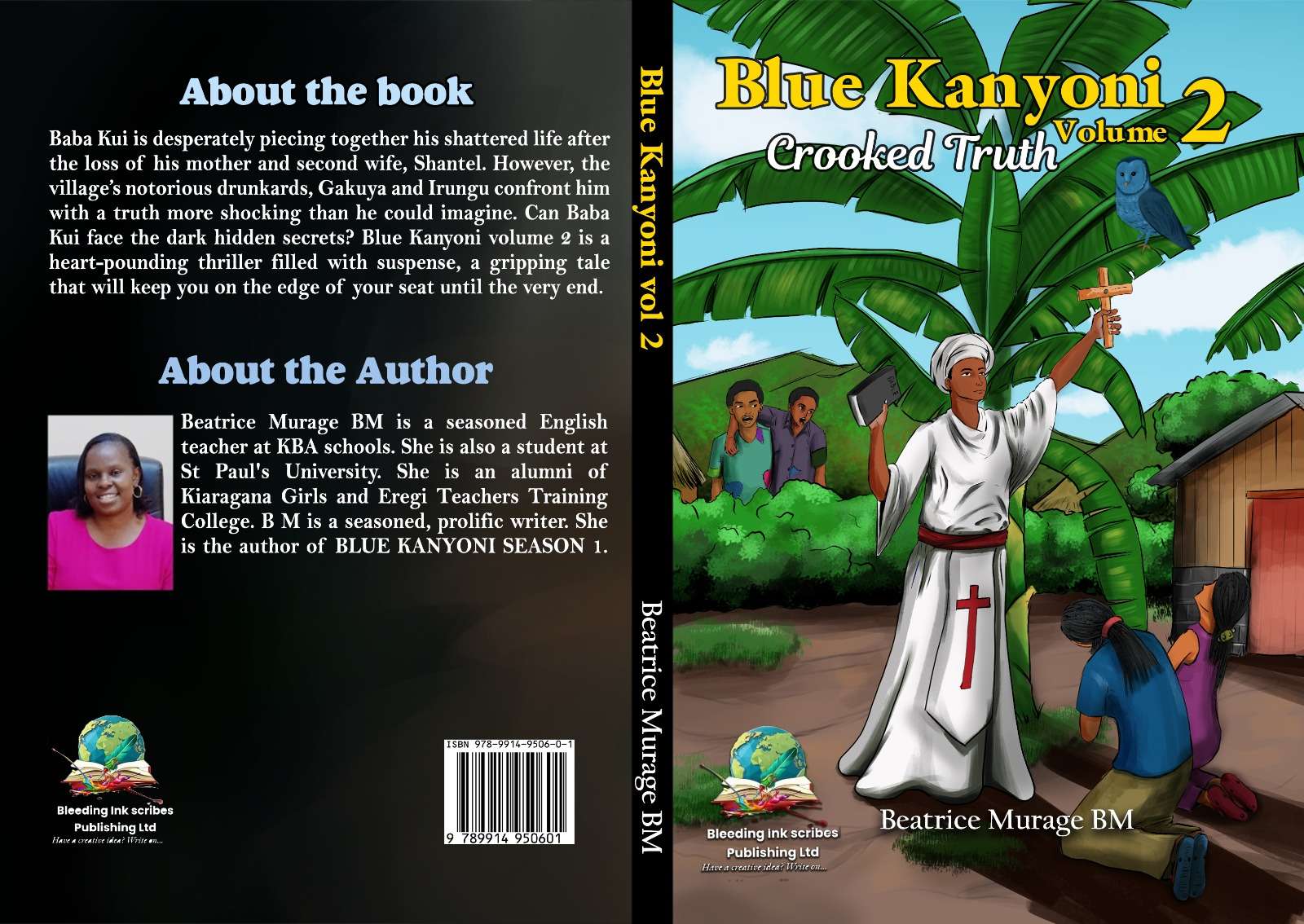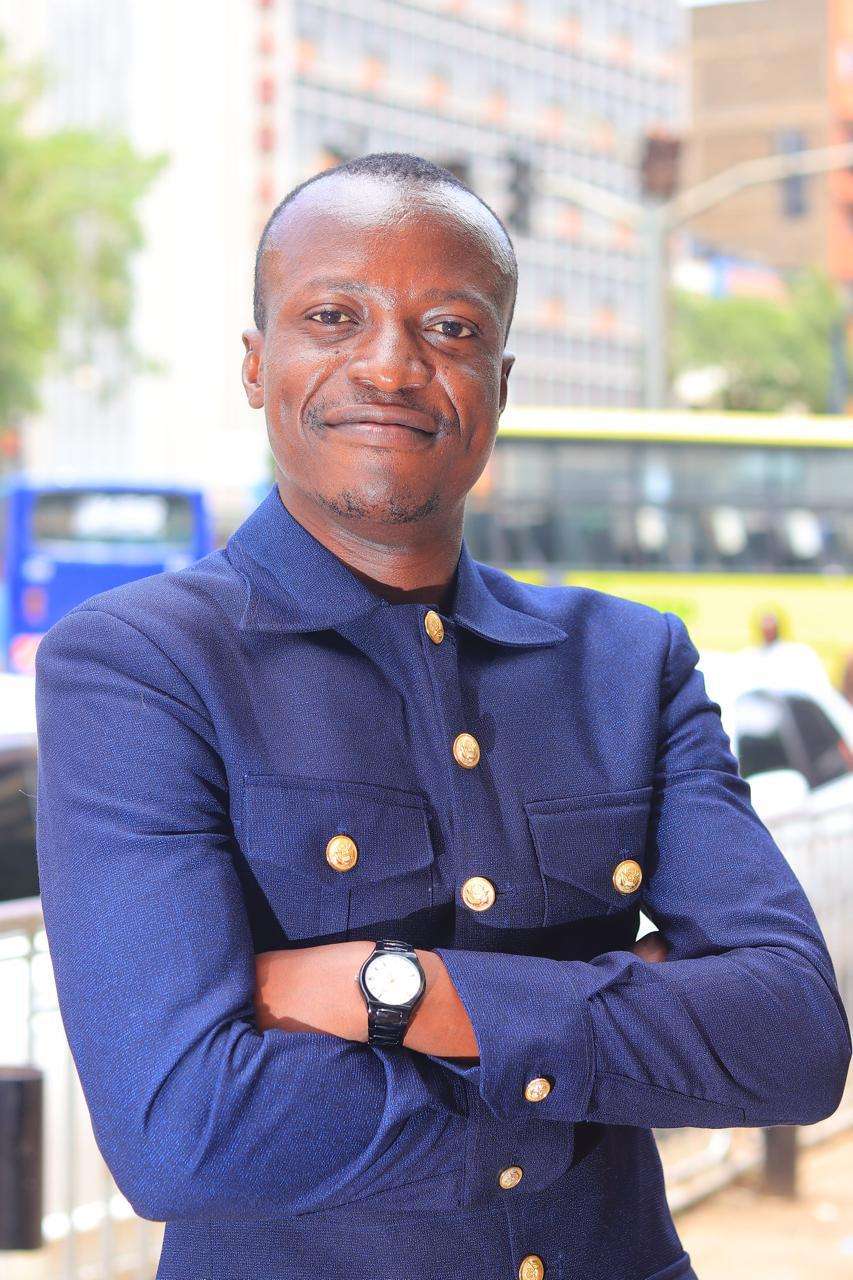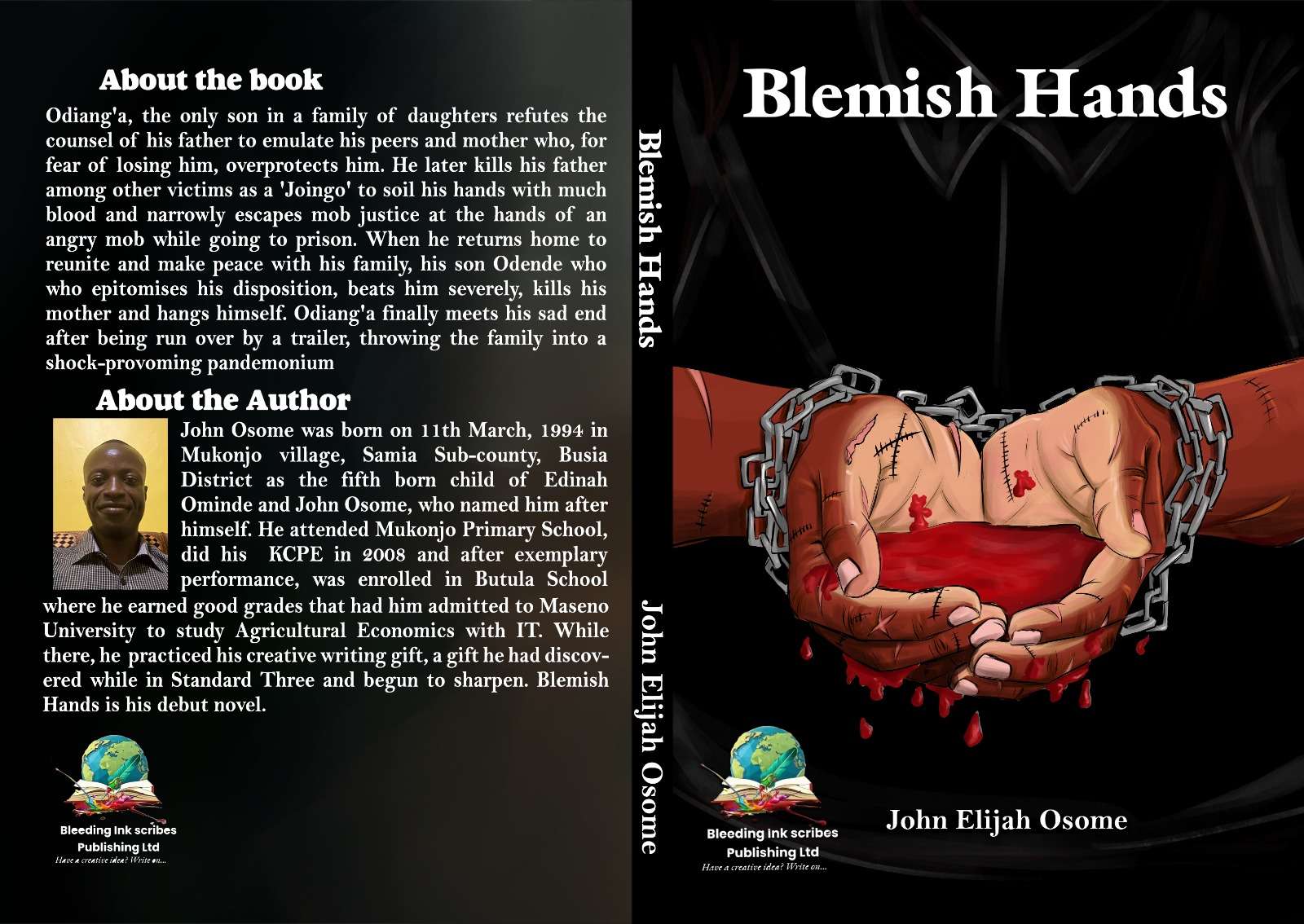Meet Our Featured Authors
At Bleeding Ink Scribes Publishers Ltd, we are proud to spotlight the talented authors who shape our literary identity. This page is dedicated to showcasing the writers behind the words—authors from Kenya and across the globe who bring unique stories, voices, and perspectives to life through poetry, fiction, nonfiction, and academic work.
Browse through their profiles, read samples of their work, and get inspired by their creative journeys. Whether emerging or established, each author featured here contributes to the rich and diverse fabric of storytelling that defines Bleeding Ink.
